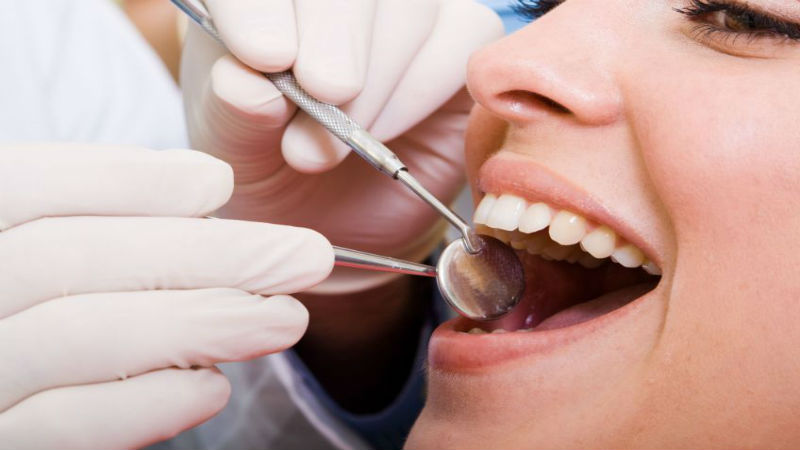Tartar is not just an aesthetic problem. It can also cause the development of dental diseases as well. Typically, the formation of tartar is due to an unhealthy environment of the oral cavity in combination with insufficient or incorrect oral hygiene. When plaque forms on the teeth, you should immediately clean it with a toothbrush and floss regularly. If you don’t, it mingles with the saliva, mineralizes and solidifies. Plaque removal and other subsequent Teeth Cleaning in NYC is impossible because it requires the use of special procedures or tools.
Tartar promotes the formation of acid in the mouth and is perhaps the main prerequisite for the development of tooth decay. In addition, this can penetrate the gums and cause them to inflame, which can subsequently lead to the development of gingivitis or periodontitis. Thus, if plaque has already started to mineralize, the removal of tartar is vital.
Dental plaque removal can be carried out in various ways. Unfortunately, past methods included the removal of plaque with metal hooks. This is, firstly, quite painful, and, secondly, it has a high probability of injuring to the teeth and/or gums. Today, there is more modern methods of Teeth Cleaning in NYC, one of which involves ultrasound.
Ultrasonic vibration gently cleans teeth. Tartar removal with ultrasound includes cleansing roots and gums, as well as disinfecting affected areas. While this method is bloodless and painless, it has some limitations in use. It cannot be used with people who have a pacemaker, and it is not recommended for all those who are concerned about diseases of the cardiovascular system. However, there are other methods of removing tartar and plaque. For example, a laser can break up tartar into tiny pieces of hardened plaque, after which it can be easily removed. Sometimes a pre-treatment with special chemicals can be used, softening it before further mechanical removal is needed.
The cost of removing of tartar can only be determined after a dentist performs a thorough examination of the patient. You should schedule a consult to see which procedure suits you best. Do not wait until you are in severe pain to see a dentist.



